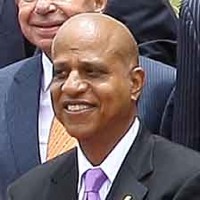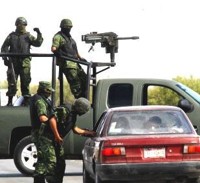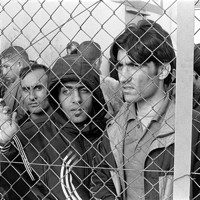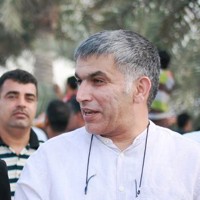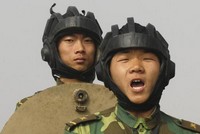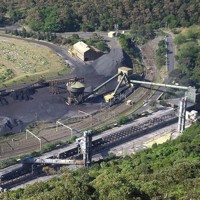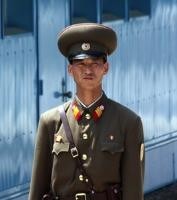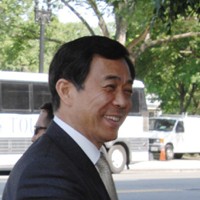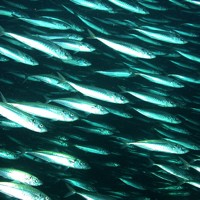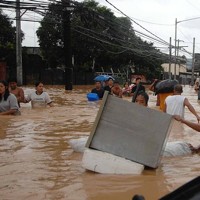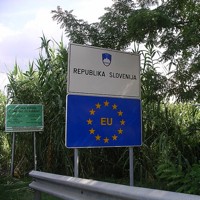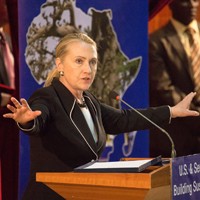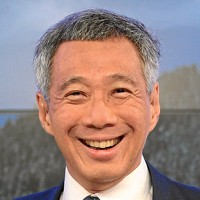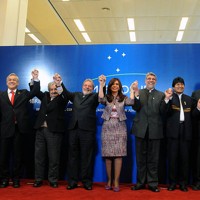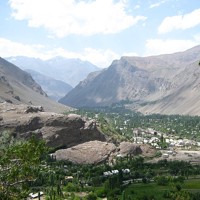
Tolib Ayembekov, a warlord formerly based in eastern Tajikistan, gave himself up earlier this month following a major military offensive by Tajik authorities. In an email interview, Paul Quinn-Judge, deputy director of the International Crisis Group’s Asia Program, discussed Tajikistan’s security situation. WPR: What is the background to the most recent round of violence Tajikistan? Paul Quinn-Judge: The current unrest in Tajikistan, in the mountainous eastern area of Gorno-Badakhshan Autonomous district, has some local elements — suspicion of central government that dates back to the 1992-1997 civil war and a strong sense on the part of the local inhabitants of […]


